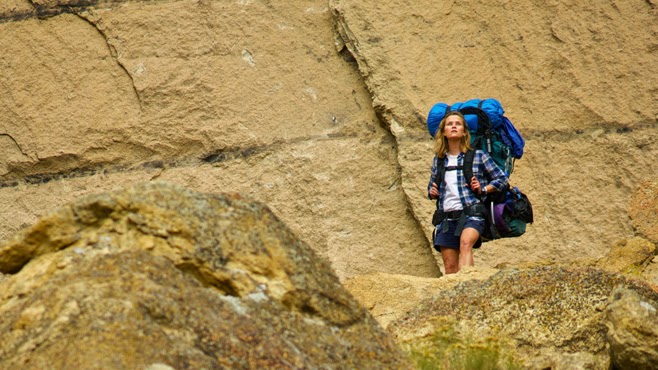[Bateman] was crazy the same way [I was]. He did not come out of me sitting down and wanting to write a grand sweeping indictment of yuppie culture. It initiated because of my own isolation and alienation at a point in my life. I was living like Patrick Bateman. I was slipping into a consumerist kind of void that was supposed to give me confidence and make me feel good about myself but just made me feel worse and worse and worse about myself. That is where the tension of American Psycho came from. It wasn't that I was going to make up this serial killer on Wall Street. High concept. Fantastic. It came from a much more personal place, and that's something that I've only been admitting in the last year or so. I was so on the defensive because of the reaction to that book that I wasn't able to talk about it on that level.
Bret Easton Ellis' controversial 1991 novel "American Psycho" received damning reviews and protests, even boycotts. It's depictions of violence against women— and violence against anybody—was condemned left, right and center, while its look at toxic masculinity, and toxic consumerism was pretty much dismissed as trying to apply a sociological band-aid for what was essentially slasher-porn. The violence in the book buried any consideration of what the book might be saying about a personality so self-involved that it surpassed pathology.
But, why should this be surprising? Anthony Burgess' "A Clockwork Orange" and Stanley Kubrick's film of it are more talked about for its violent aspects and cruelty rather than the very real—and extreme—considerations about free will and attempts to dampen it, even if for the greater good. The message gets lost in the illustration of the worst case scenario.
The thing is Patrick Bateman, Ellis' "Psycho" protagonist (played by Christian Bale in the film version by Mary Harron), is a misanthrope, much like that other "Psycho," Norman Bates—it's just he's better dressed, more stylish, has a better job, and is on an upward track to being what is considered successful in America. Sure, the surface-flash may be attractive...to some...but the festering pit of soullessness and heartlessness that serve as competitive spirit in his career as an investment banker is only somewhat more lethal than the motivations of Jordan Belfort, Leonardo DeCaprio's character in Wolf of Wall Street—sociopath or psychopath, they're just two paths to getting what you want, without regard to others, and the destruction, seen or unseen, left in the wake of success.
At about the same time as Ellis' novel, there was another, Chuck Palahniuk's "Fight Club," that also examined the American path to success where the protagonist's hollow consumerism started to so weigh on him that he started beating himself up over it and, when that movie was made in 1999, nobody missed the point...even when it led him to an act of terrorism that resembled the 9/11 attacks two years later. Everybody cherry-picks when they have a point to prove. "Fight Club" was also seen by some as a model for males to return to a form of rugged primacy to avoid consumerist emasculation. And yet he doesn't live in a cave, but a luxury condo, and not independent in any form. One can see this in AP's use of extreme grooming and high-fashion one-upmanship. The guy gets upset when someone has a better designed calling card than he does. He merely wants to win by any means necessary.
Now, I'm not going to get political here (as I was when I first started writing this thing LAST Hallowe'en season), but one can see where this is going. Let's just say I've always rejected the sentiment that "Winning isn't everything; it's the only thing"—attributed to Vince Lombardi (who would hedge on it), but actually coined by Red Sanders (I guess "winning" depends on your press agent). You can win AND lose, it's just depends on what goals you're looking at. Ellis was making a philosophical point and has said of the film version that it "doesn't really work as a movie." Perhaps it's all just a vision in his head, rather than committing actual acts. But, the impulse is there. We've seen it. It happens. Some righteous synapse gets snapped, or diverted, turning an American Dream into an American Nightmare.
The question is: of what use is a "cautionary tale" when it's already here?































.jpg)


.jpg)





.jpg)


